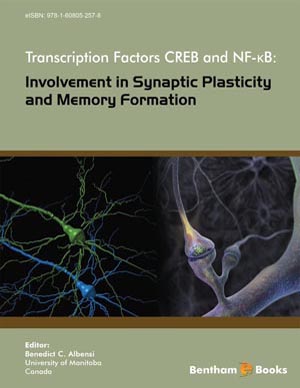Abstract
Major depressive disorder (MDD) is an emergent cause of personal and socioeconomic burden, since its high lifetime prevalence (16.2%) and the unsatisfying response rate of the available antidepressant drugs. Among modulators of treatment outcome, genetic polymorphisms are thought to explain a significant share of the inter-individual variability, according to a complex multi-loci model.
Given the described scenario, the present chapter aims to summarize and compare the main pharmacogenetic findings regarding antidepressant treatment outcome, including both candidate gene studies and genome-wide association studies.
The literature provided replicated evidence of association between several genes (in particular, SLC6A4, HTR1A, HTR2A, COMT, MAOA, BDNF, GNB3, and MDR1) and antidepressant efficacy, but findings were mainly contradictory. Despite the inconsistent pharmacongetic results obtained so far, the increasing knowledge about MDD pathogenesis and antidepressant mechanisms of action, together with better awareness of the limitations of previous pharmacogenetic studies, may lead to the confirmations required to produce clinical applications. Technical improvement in genotyping procedures may help to translate the increasing theoretic knowledge into practical applications.
Keywords: Serotonin (5-HT), norepinephrine (NE), dopamine (DA), glutamate, Brain derived neurotrophic factor (BDNF), hypothalamic-pituitary-adrenal (HPA) axis, depression, antidepressant drugs, selective serotonin reuptake inhibitors (SSRIs), copy number variants (CNV), single nucleotide polymorphism (SNP), genome-wide association studies (GWAS)








